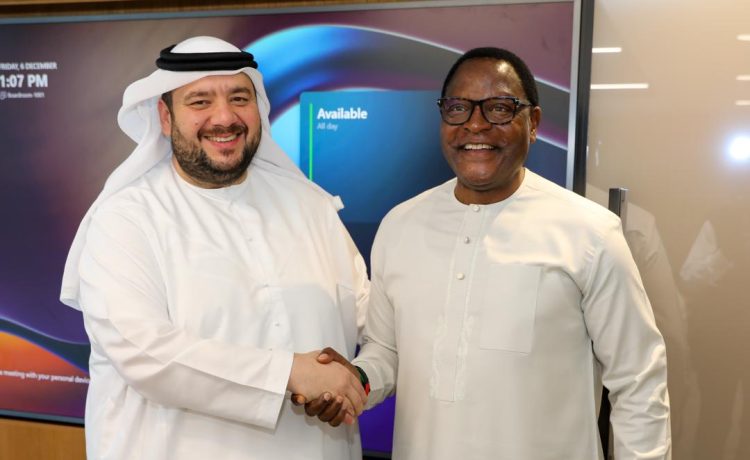The Democratic Progressive Party (DPP) has come under fire for its criticism of President Lazarus Chakwera regarding his recent trip to the United Arab Emirates (UAE) aimed at negotiating a government-to-government fuel deal.
DPP’s Member of Parliament for Blantyre Blantyre City South East, Sameer Suleman, and a chorus of party supporters took to social media to express their disapproval of the initiative, but many observers are labeling their reaction as hypocritical, given the DPP’s history during a prior fuel crisis.
The DPP’s outcry contrasts starkly with the actions of its administration under former President Bingu wa Mutharika. In February 2012, the country faced an unprecedented fuel crisis, prompting Mutharika to undertake a clandestine trip to Nigeria.
Conducted under the cover of darkness, the meeting with Nigerian President Goodluck Jonathan was not disclosed publicly until photographs were released by the Nigerian State House, catching many Malawians off-guard.
During that era, transparency was notably lacking. Officials, including then-Minister of Energy Goodal Gondwe and presidential spokesperson Hetherwick Ntaba, maintained they had no prior knowledge of Mutharika’s trip. Malawians were left to speculate until outside entities released information regarding their government’s actions, leaving many feeling sidelined and uninformed.
In stark contrast, President Chakwera ensured that his UAE visit was conducted with full transparency. Prior to his departure, he personally informed the nation about the trip’s purpose and funding sources. This clear communication is a significant departure from the previous administration’s secretive dealings, allowing citizens to remain informed and engaged regarding their government’s activities.
Political analysts argue that the DPP’s criticism of Chakwera demonstrates a disconnect from reality and a failure to acknowledge its own past missteps:
“The DPP should not be throwing stones from a glass house,” said one observer and political commentator, Lyson Sibande, adding that “their past actions regarding issues of transparency are well-documented. They cannot hold this government to higher standards than they set for themselves.”
A wider commentary on social media and streets have noted the importance of transparency and accountability in governance, asserting that these values ought to be celebrated rather than criticized: “Malawians should take pride in a leader who does not shy away from informing the public about significant national interests,” they argue.
President Chakwera’s approach to securing Malawi’s energy future remains at the forefront of national discussion—raising questions about the role of transparency and accountability in the nation’s political landscape.













